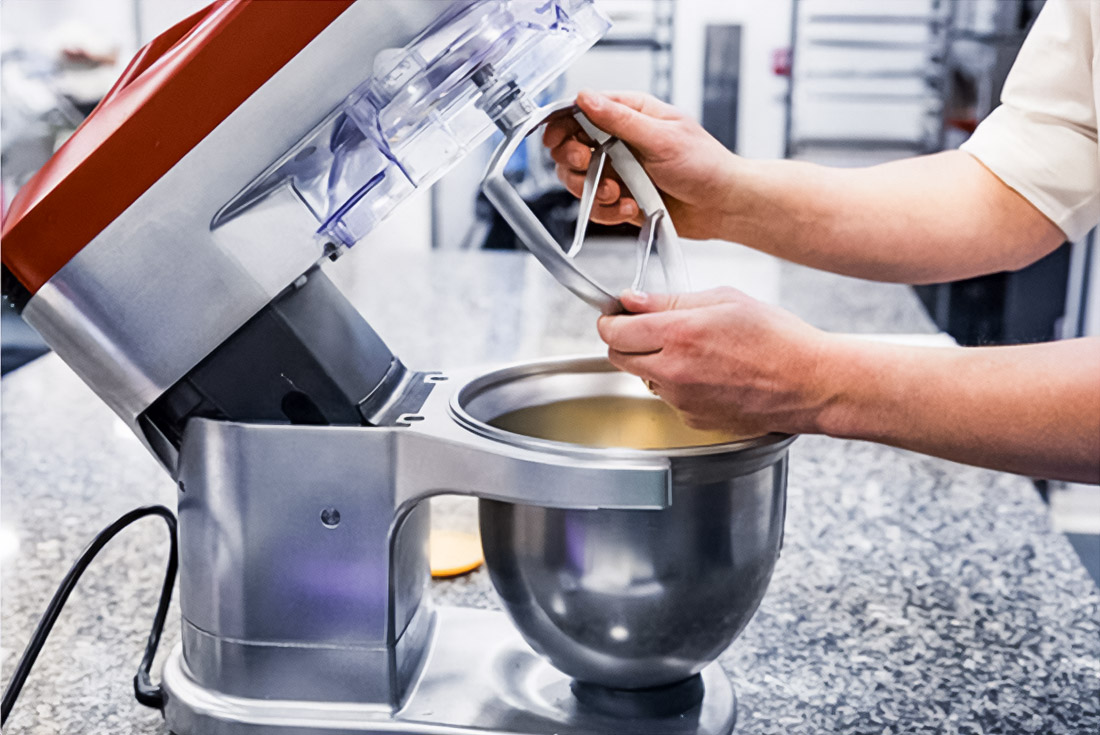The purchase of commercial kitchen equipment can be a financially advantageous strategy for owners of restaurants and cafes. This allows for saving significant funds, which can be invested in other important aspects of business. Experience owner’s restaurants show that average savings with this amount to 50% of the cost of new equipment. If you are looking for reliable suppliers, Kitchen Warehouse can become an excellent choice.
Why Purchase Used Commercial Kitchen Equipment — This Excellent Idea?

Purchase used in use commercial kitchen equipment can be a financially advantageous strategy for owners of restaurants and cafes. This allows for saving significant funds, which can be invested in other important aspects of business. Experience owner’s restaurants show that average savings with this amount to 50% of the cost of new equipment.
How Assess Condition Equipment Effectively?
Inspection equipment — this is not only a visual check. After all, appearance can hide many nuances. Important pay attention to several key aspects:
Visual Inspection: More Detailed About What Necessary Consider
- Body and External Parts: Check equipment for the presence of defects, such as rust or scratches. According to statistics, about 30% of all defects are detected exactly in this area.
- Cleanliness: State cleanliness can be indicator level maintenance equipment. Experience shows that clean devices, as a rule, work 20% longer.
- Completeness: Ensure that all parts are present; this prevents additional expenses on missing elements.
Functional Testing: What Check?
- Operability: Turn on and test equipment for detection of even minor malfunctions, such as unstable work, which can increase costs on repair by 15%.
- Noise and Vibrations: Pay attention to strange sounds — they often indicate mechanical problems and elimination, which can cost up to 10% of the equipment. Learn more about vibration and its influence on equipment.
Usage History: How to Know Everything?
Knowledge history usage equipment allows predicting its further reliability. Attention to detail will help avoid 40% of common errors when purchasing.
What Documents Ask From Seller?
- Certificates and Guarantees: This basic measure precaution, confirming quality. Focus on the presence of original documentation, which reduces the likelihood of hidden defects by 25%.
- Service History: The more often and better-serviced equipment, the higher its reliability. Regular maintenance is able to extend service life by 30%.
- Reason Sale: Find out, why equipment sold. 45% of all cases are related to updates, but beware that equipment is sold due to malfunctions.
How to Perform Technical Maintenance and Repair?
For long service, your equipment is necessary to ensure the availability of repair opportunities. This can reduce downtime equipment by 50%.
Availability Spare Parts: What Consider?
- Spare Parts: Ensure availability of spare parts, as this affects speed repair and overall costs.
- Qualified Specialists: Find experienced specialists, capable service your equipment. They help increase productivity by 40%.
Understand Legal Aspects Purchase
Implementation purchase from a legal point of view protects your interests and minimizes legal risks. Studying legal aspects of business will help you avoid problems.
Guarantees and Responsibility: About What Necessary Ask?
- Guarantee: Ask the seller about presence guarantee obligations — more than 30% of buyers face malfunctions during the first three months of use.
- Responsibility Seller: Ensure that he is ready to bear responsibility for any hidden defects detected after purchase.
Financial Aspects: Evaluate All Costs
Comparison of all possible costs will help you make a balanced decision.
How Compare Cost Purchase?
- Cost New Equipment: Study market cost new equipment for understanding real savings. The average difference in price can reach up to 40%.
- Long-term Costs: Include maintenance and possible repairs. Underestimation of these factors can increase overall costs by 20%.
Real Stories Success and Mistakes: What They Teach Us?
What Equipment Trust?
- Successful Purchases: The Owner of the restaurant purchased a used-in-use grill, receiving significant savings and new guarantee service from the seller.
- Unsuccessful Purchases: Purchasing refrigerator without checking history, one owner faced frequent breakdowns, which in the end increased his costs by 60%.
When you are armed with knowledge, purchasing used-in-use equipment stops being a lottery. Considering the given recommendations, you can make advantageous investments and avoid common mistakes. Wish you success in choosing your equipment!

Freelance writer who specializes in finance topics. With over ten years of experience
